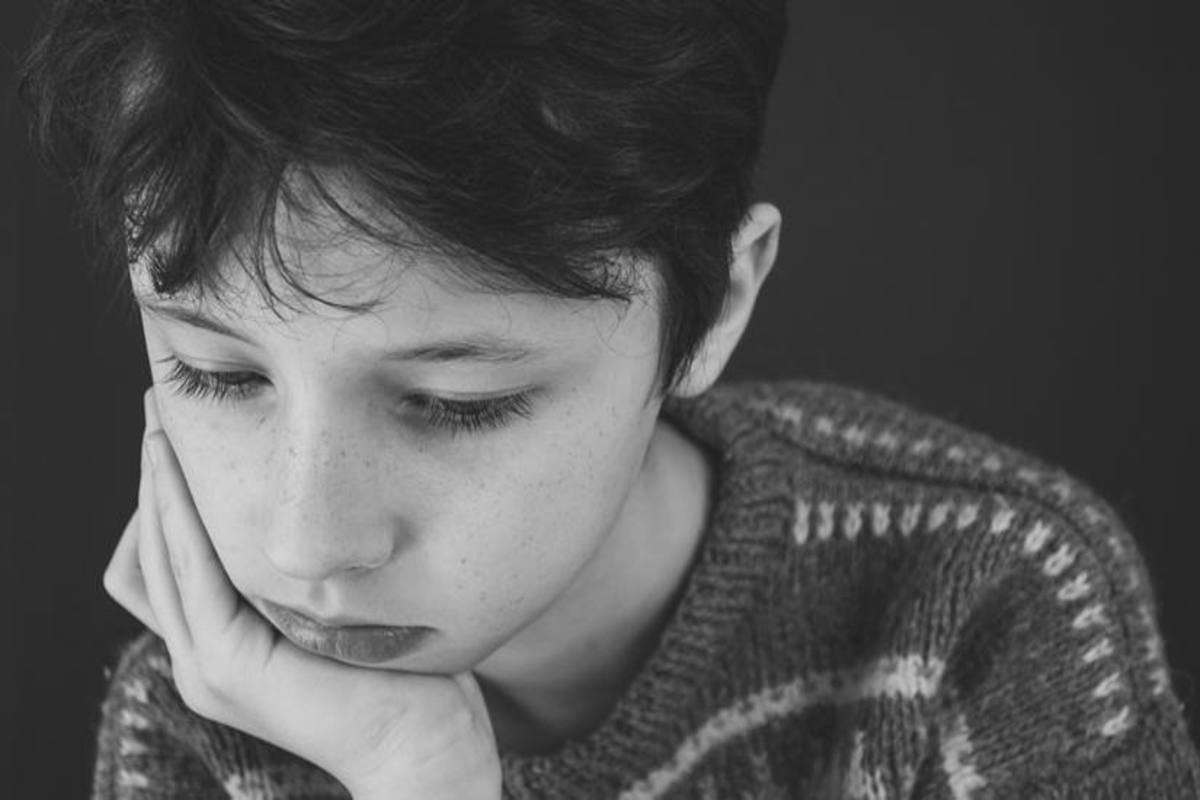Shekhar Kapur summons his wisdom to seek answers to a profound question
On Saturday, the director took to his Instagram, and shared a note summoning his wisdom to seek answers related to anxiety issues.
While there are many factors that can influence how you respond to childhood trauma, some of the most commonly experienced symptoms include feelings of sadness or depression, anxiety, fear, or paranoia, detachment from yourself or reality and many others.

Stress triggers for children.(Photo:IANSLIFE)
Though the traumatic events don’t always leave physical scars, but they often leave a longer impact on emotional and psychological health of children. Those imprints can affect a child’s mental and physical health for years to come — and even into adulthood.
However children move ahead from the traumatic events and thrive, but they definitely need a helping hand to help themselves.
While there are many factors that can influence how you respond to childhood trauma, some of the most commonly experienced symptoms include feelings of sadness or depression, anxiety, fear, or paranoia, detachment from yourself or reality and many others.
Advertisement
According to Preeti Somani, Counseling Psychologist, “Adverse events in childhood increase the risk of emotional & mental distress & disorders. It often results in emotional flooding with difficulty in regulating one’s emotions with episodes of intense crying or anger outbursts .This negatively impacts one’s relationships causing further distress.”
“Difficulty in processing what happened, and a negative self -image makes one vulnerable to depression. Hypervigilance to signs of rejection and abandonment is likely to maintain one’s anxiety in social situations. Guilt can result from holding oneself responsible for the occurrence of the event. Trauma can trigger phobias. Prevention is better than cure. Nevertheless it is imperative that trauma is addressed as early as possible,” said Somani.
Talking about the same, Dr. Chandni Tugnait is M.D. (Alternative Medicines), Psychotherapist, said, “Childhood trauma can have a major impact on your mental and emotional health, both in childhood and well into adulthood. This is because childhood trauma can affect different areas of development, including your sense of self, your relationships with others, and your ability to regulate your emotions.”
Dt Tugnait further added, “Trauma causes changes in the brain that can make it harder to regulate emotions and deal with stress. For example, exposure to cortisol – a stress hormone produced by the body – may damage regions of the brain that help you process emotion and stress, leading to symptoms like anxiety, depression, irritability, and others.”
Anamika Yaduvanshi, Motivational speaker and life coach on her part said, “Studies prove that what happens to us in our formative years, i.e. upto age 10, affects every single stage that follows. This rapid period of growth has a significant impact on the development of our bodies, brains and personalities.”
She added, “That’s why childhood trauma has an irreversible impact on our mental and emotional health and well being throughout our entire lives. Experiencing phhysical, verbal or sexual abuse, neglect or witnessing extreme violence at home are all common forms of childhood trauma.”
Advertisement